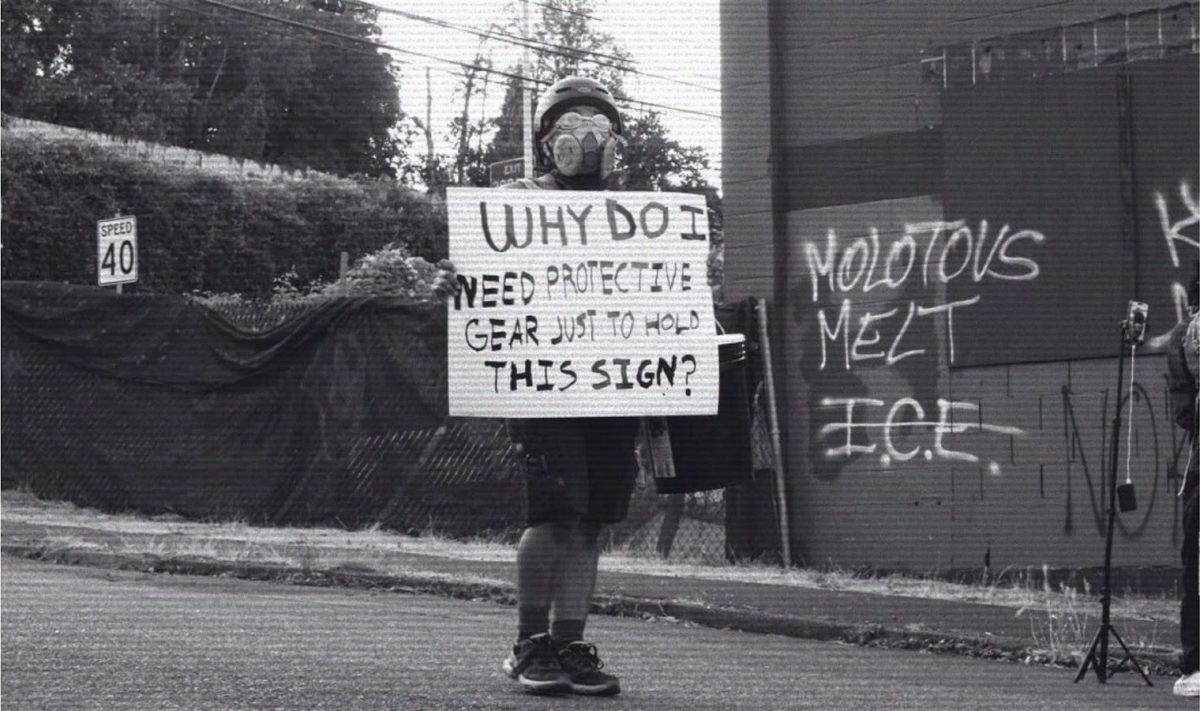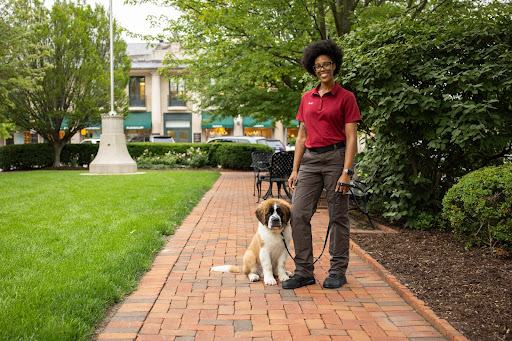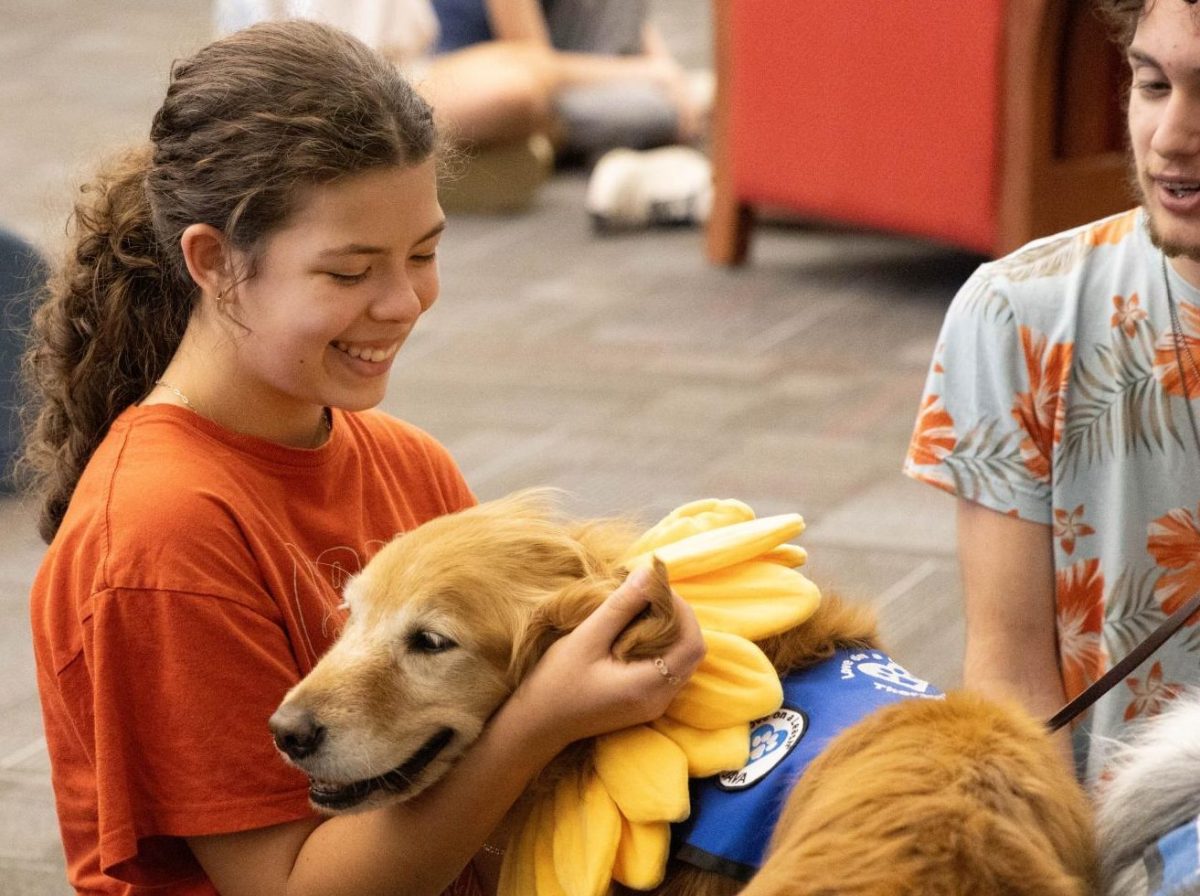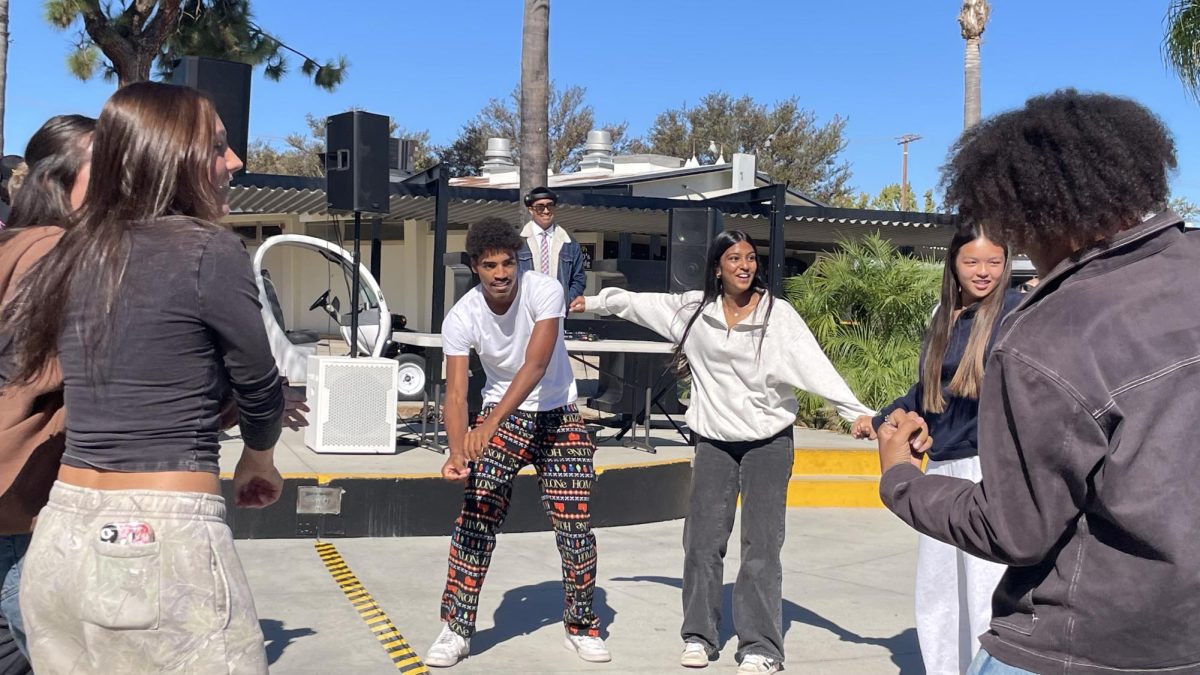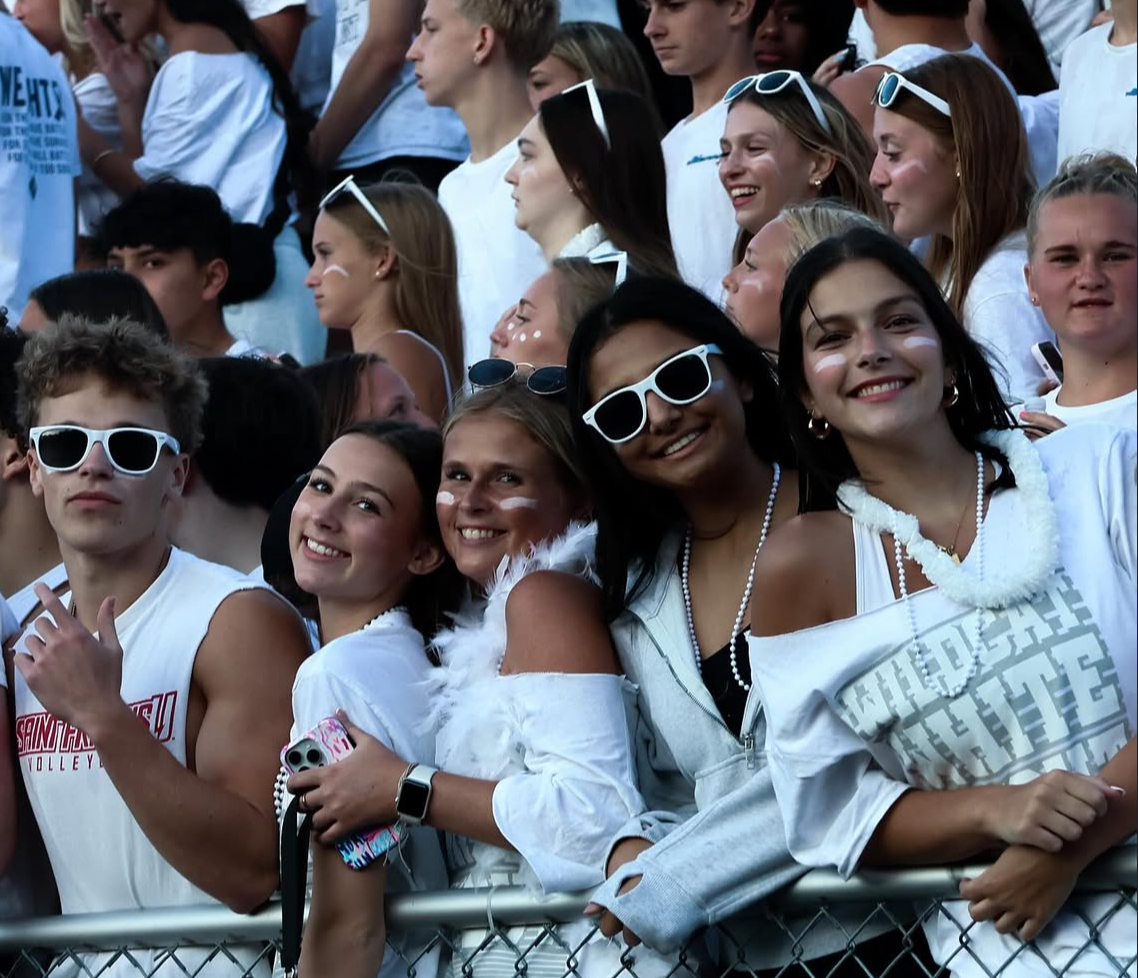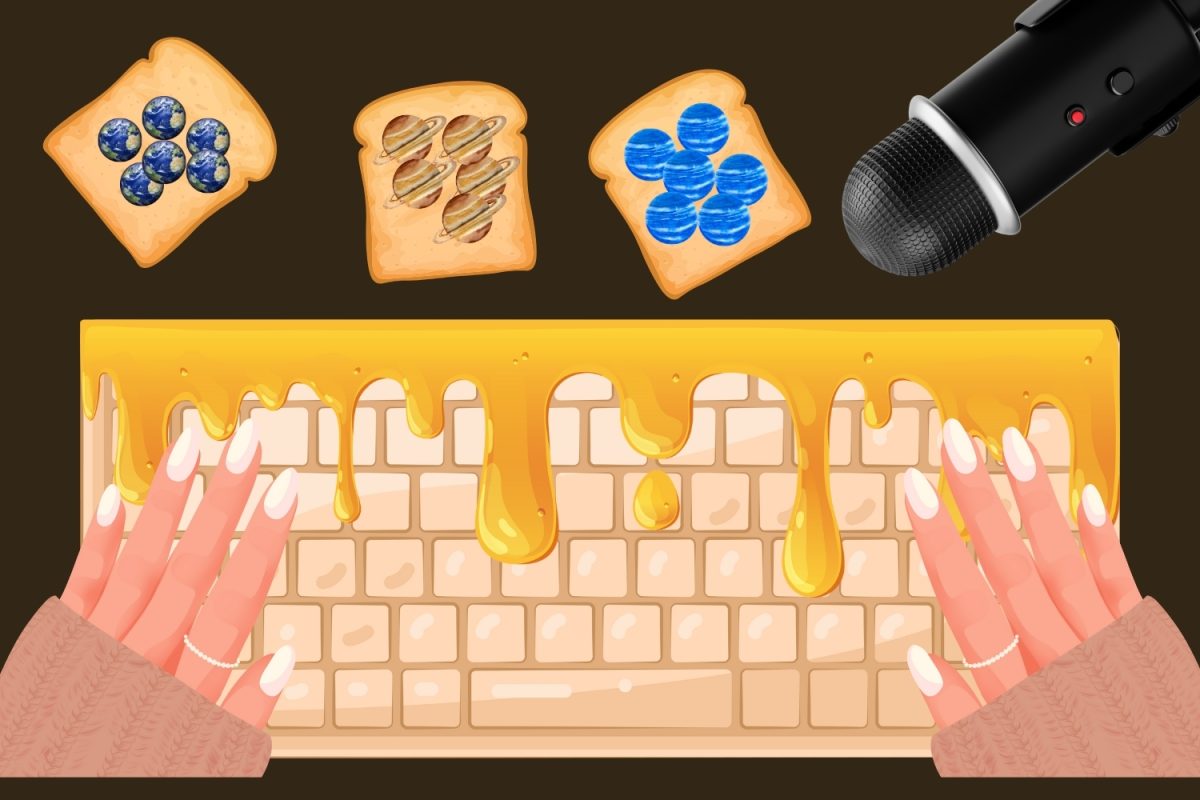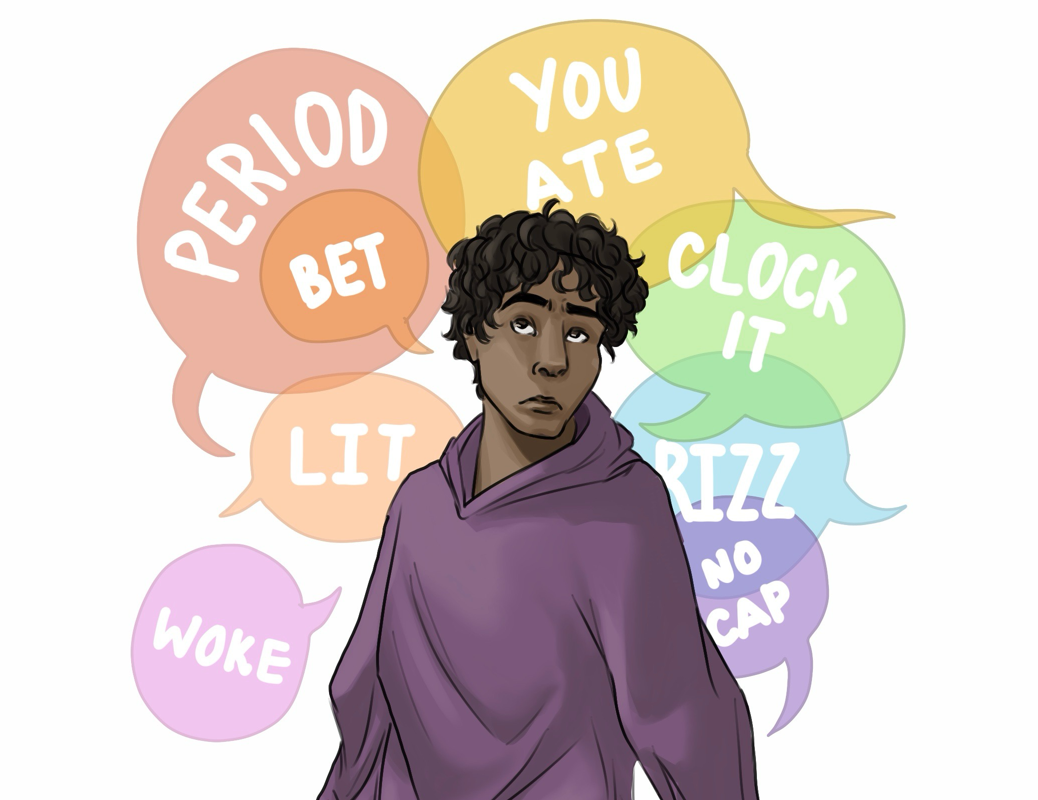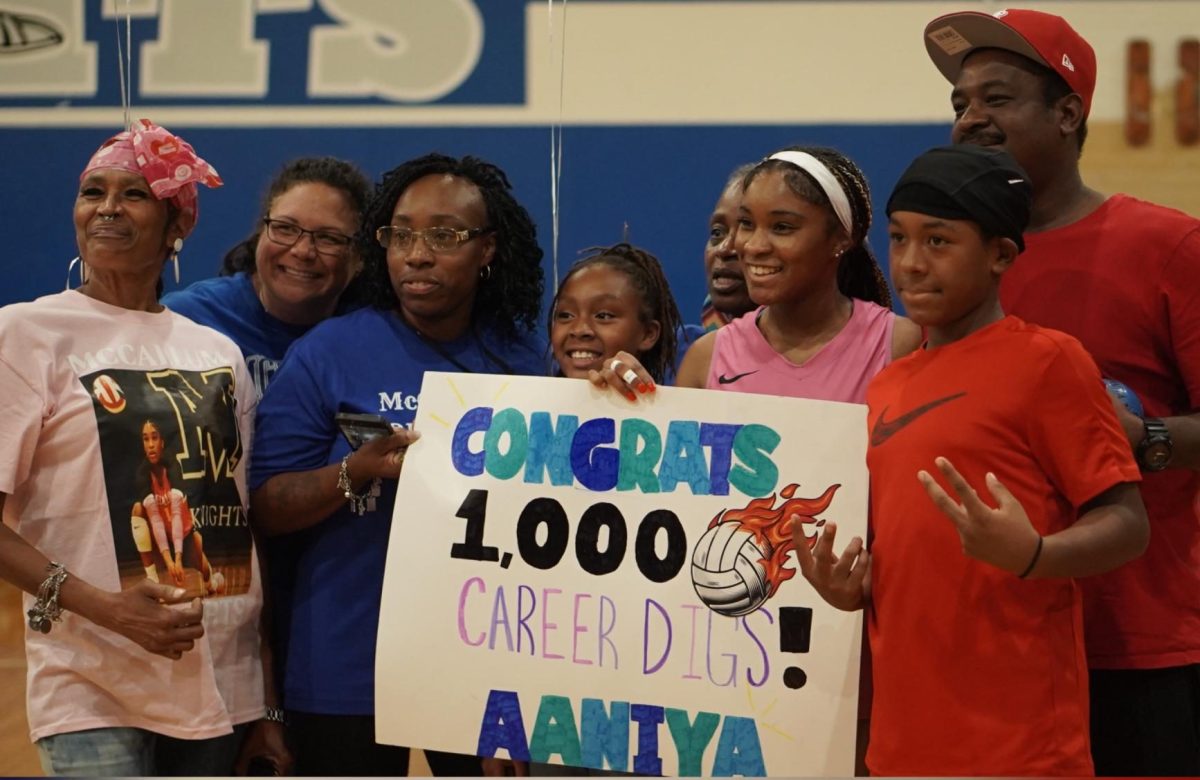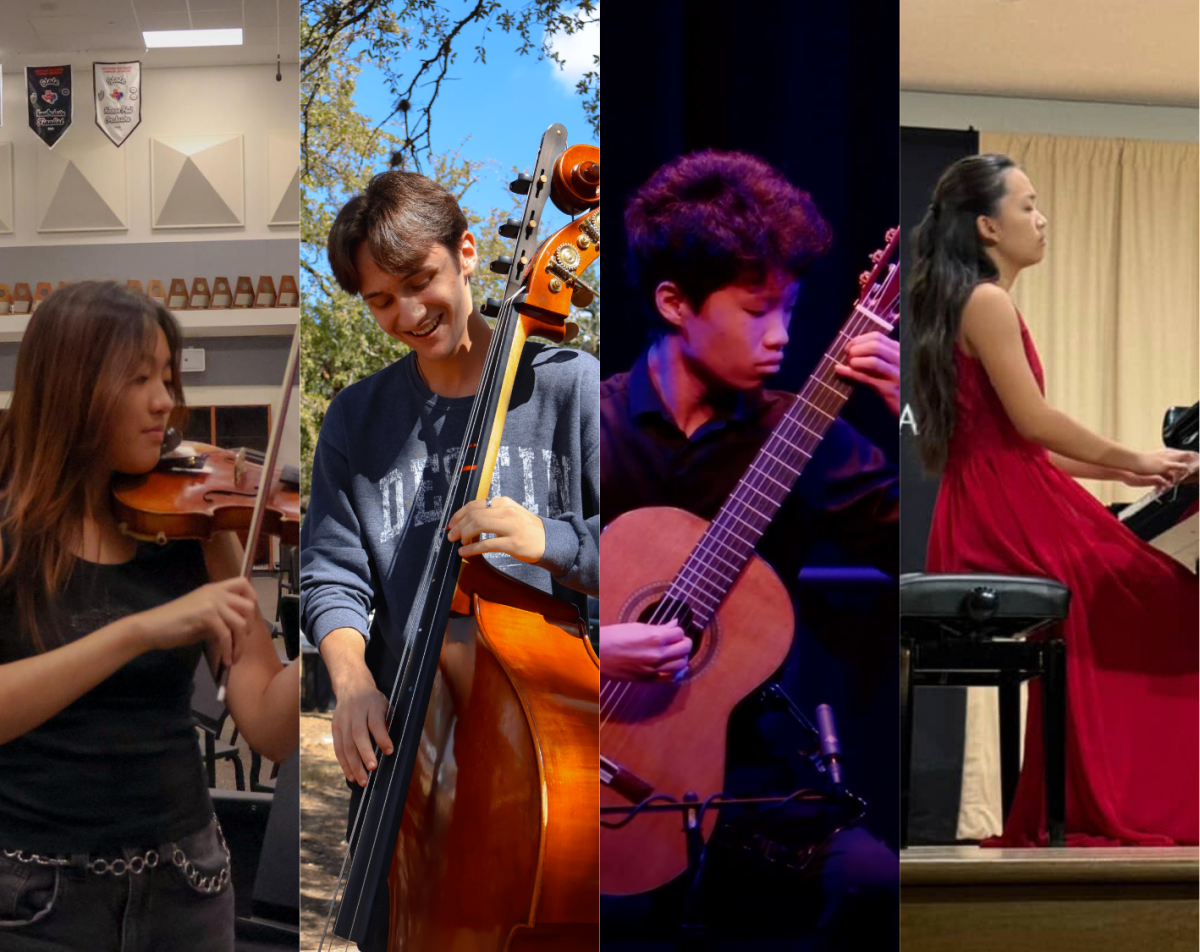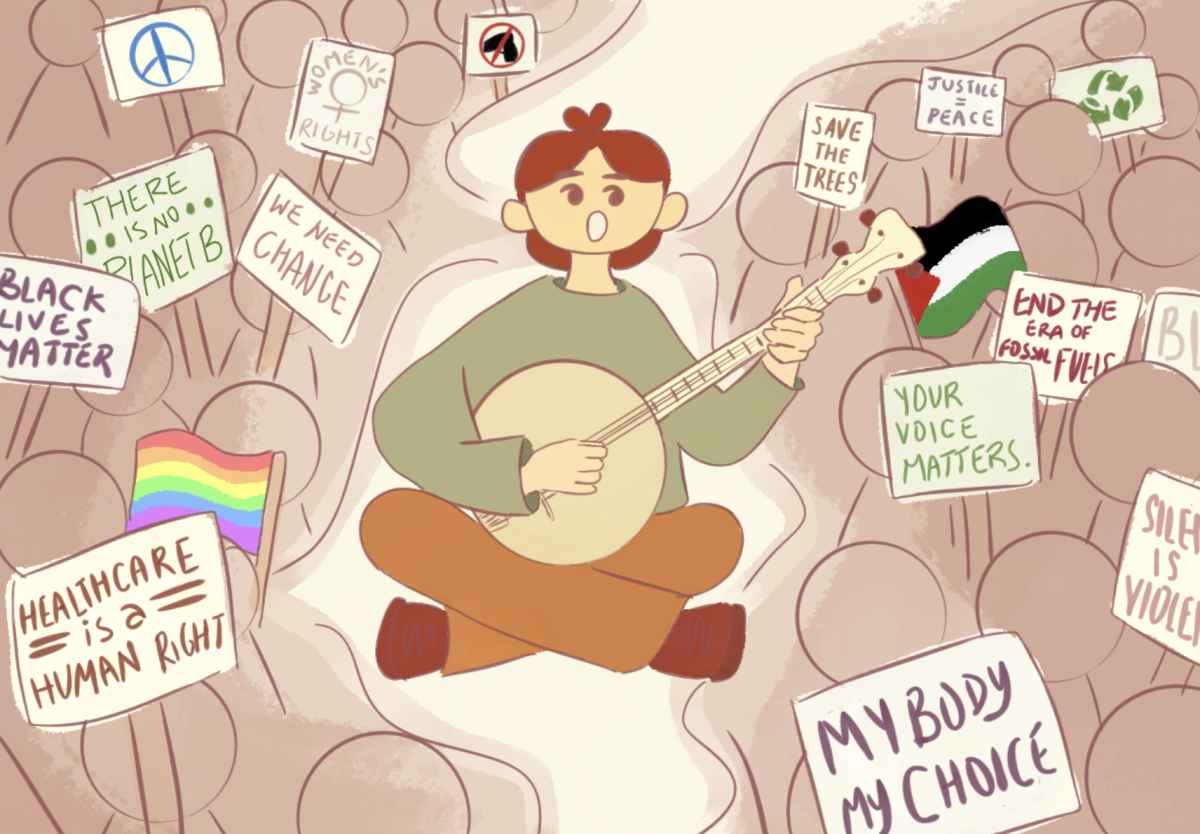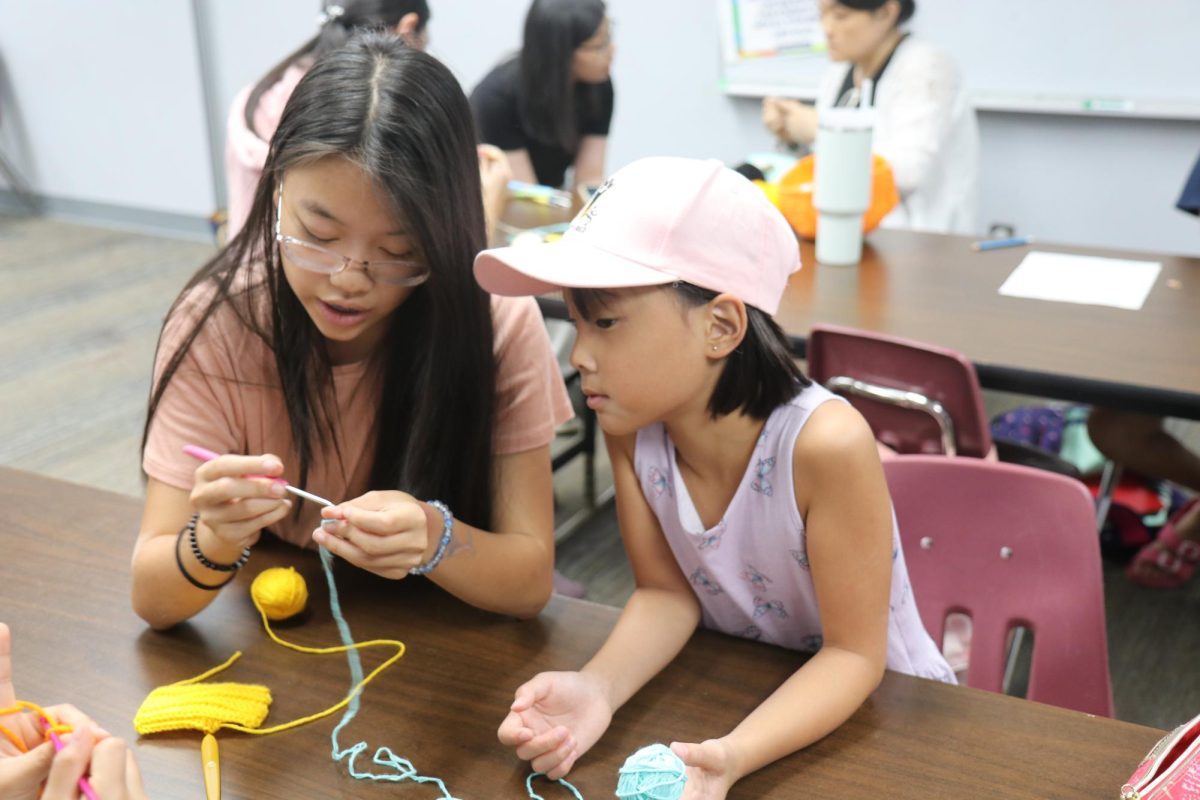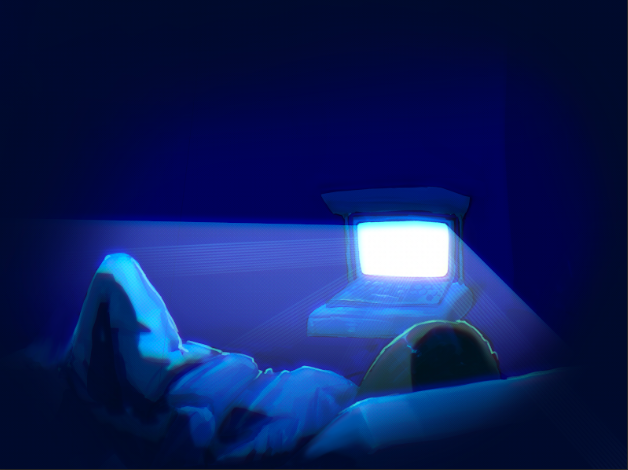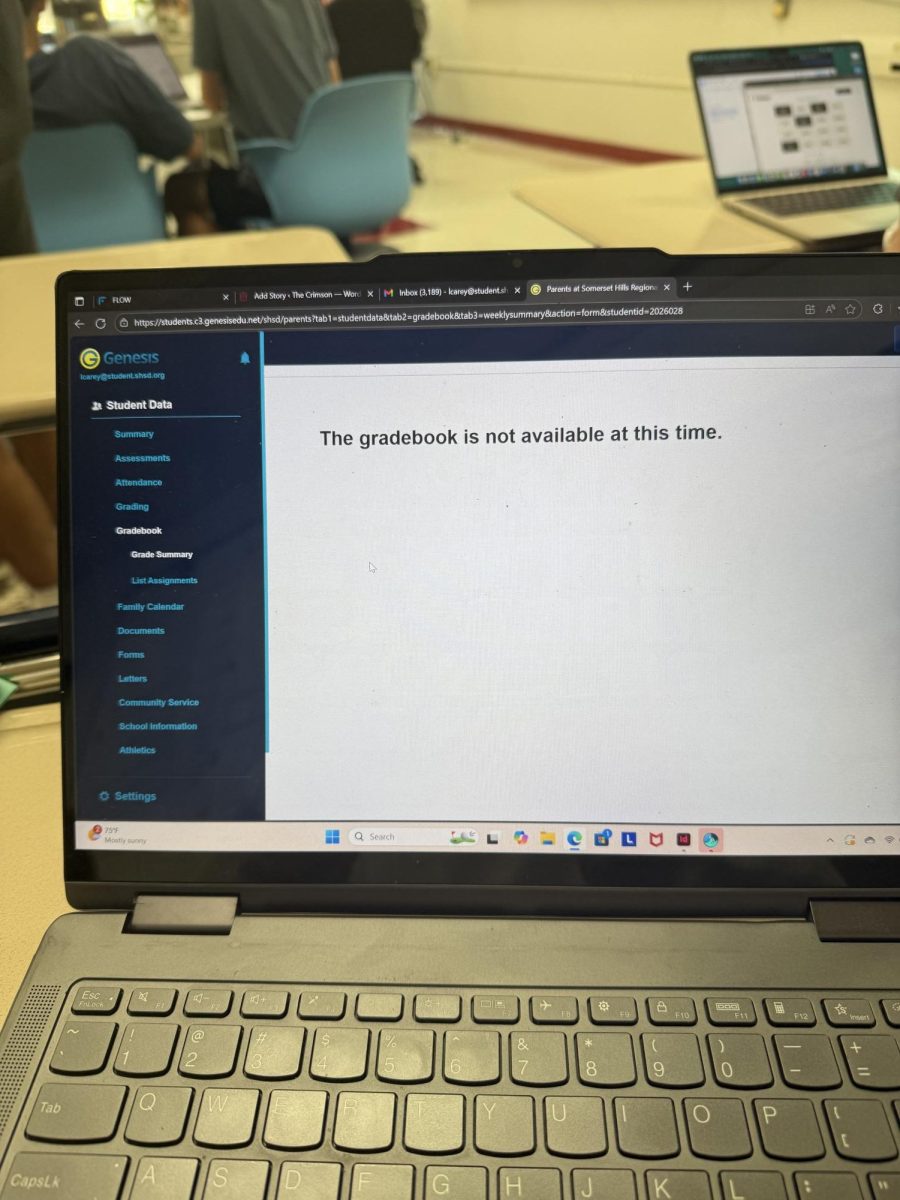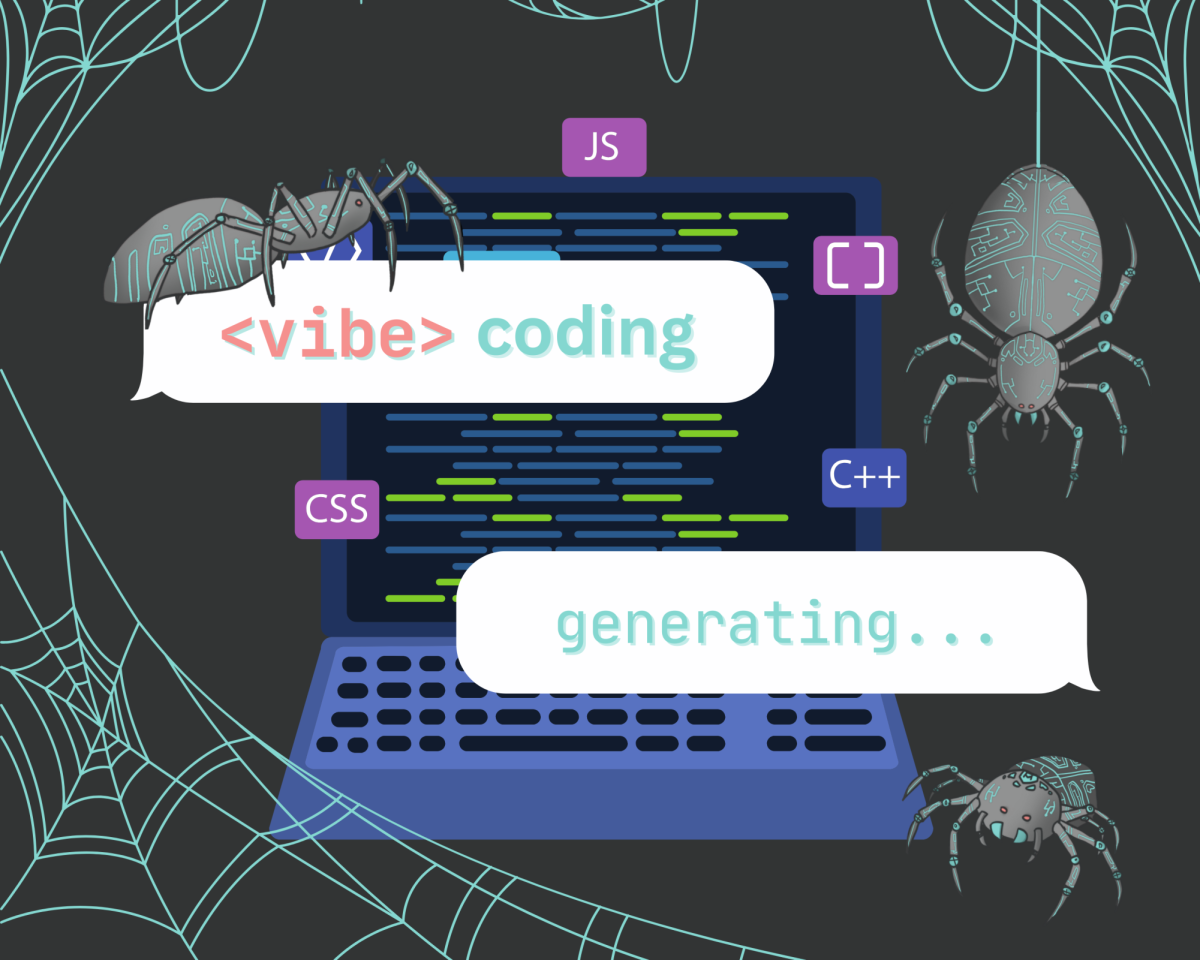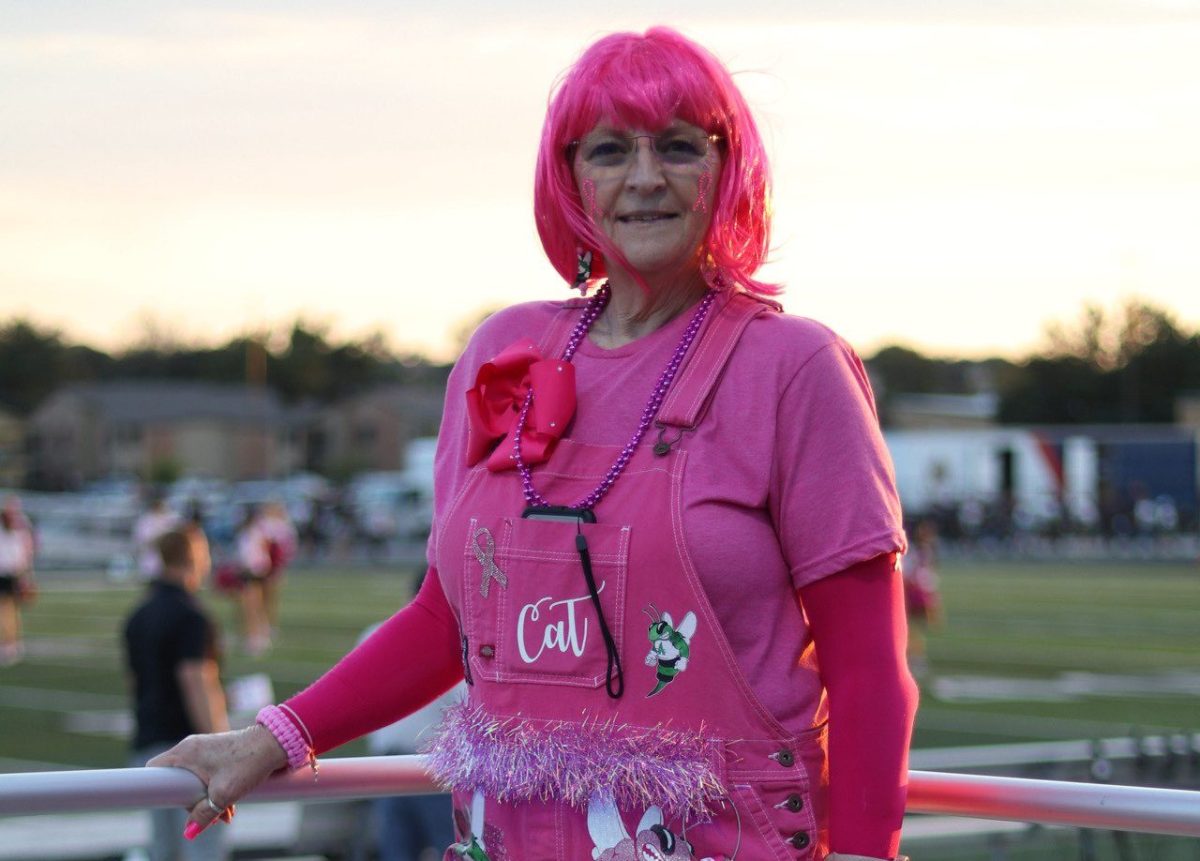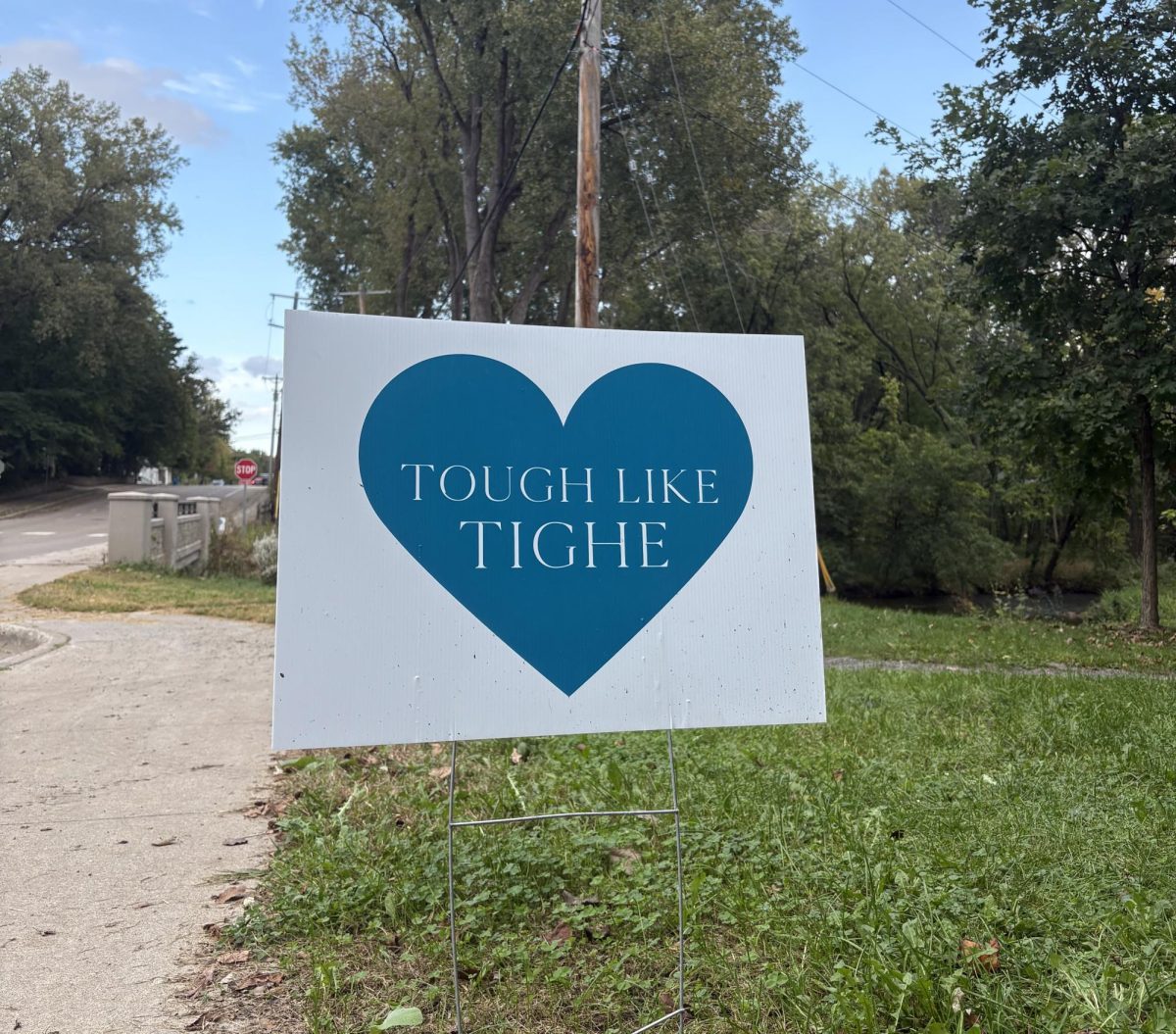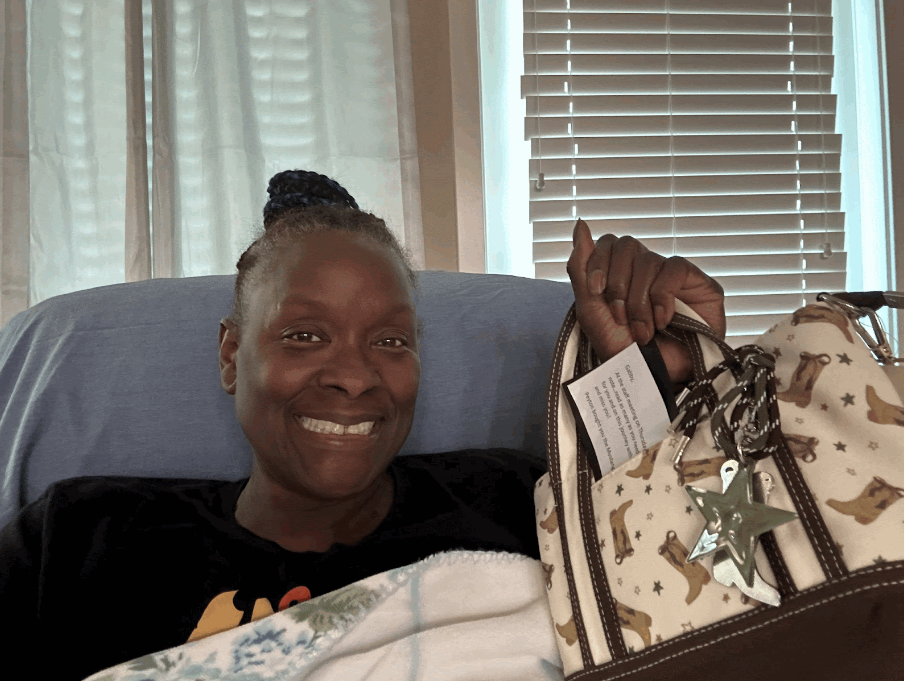Hebrew teacher and Israeli Engagement Coordinator Anat Kaufman
Every night at midnight, Hebrew teacher and Israeli Engagement Coordinator Anat Kaufman and her husband watch the Israeli morning news. When they turned the news on at midnight on Oct. 7, 2023, she knew immediately that something was wrong in Israel.
“We were in front of the TV, looking at each other and what we see there, it’s impossible,” Kaufman said. “And then we start to hear the shooting, and other people start to call the news to report. And I remember one of the daughters of one of the hostages called, and she said, ‘They kidnapped my father.’ You can’t believe that it’s true.”
In the hours that followed, Kaufman began reaching out to her relatives and friends in Israel, desperate for information about what was going on. One friend from Tel Aviv called to tell her that they were safe but “in war,” and one friend from Kfar Aza had on-and-off communication with Kaufman for 22 hours via text while in a bomb shelter with her children.
“It’s like a nightmare, it’s like something that is just impossible,” Kaufman said. “And we saw that. The reporters didn’t know what exactly to say, because it was so shocking, so absurd. And the siren, we heard the siren and got all the alerts because we have them on our phones and our computers, and we understood immediately that it’s ballagan (chaos).”
At that point, there was still very limited information on what actually happened, and Kaufman said emotions were high for Israeli Jews worldwide, but especially for those with family and friends in Israel and the Hebrew department. This was a very difficult night for Kaufman, made even more difficult by having to return to school to teach the next morning. Though embassy families were asked to stay home, the Hebrew department was still told to come to school and be a part of the assembly that the Upper School held the following morning.
“It was tough. It was really difficult to come back to school,” Kaufman said. “All the Hebrew teachers, we all held the Israeli flag, and we sang Hatikva with tears. But it was so difficult because our hearts were not here…We were here but totally there, in Israel.”
Kaufman said her job has become more challenging since Oct. 7. She and her students focused heavily on Oct. 7 in the time that followed, including making pins with the faces and names of the children who were taken hostage. Kaufman says that she still sees students wearing the pins, and that the kind of support she received here from the students is unbelievable.
In the two years since Oct. 7, Kaufman has held much hope for peace to come. After the release of the children and female hostages, Kaufman said that she was so excited and believed that it meant the end of the war was near, not thinking that the war could go on for another two years.
“Every day when I come to school and I look at the hostage’s wall for the number of how many days it’s been since Oct. 7, I can’t believe it,” Kaufman said. “I remember the day that we changed to 200, I couldn’t believe it, really couldn’t. 100 and then 200. And now we are in the 700s. It’s crazy.”
Not only has Oct. 7 affected how Kaufman life in America, but when she returns to Israel, she can sense the difference in the air.
“I feel the sadness and the protest all over the country,” Kaufman said. “People are stressed more and worried. Worried for the democracy, worried for the future of the country and worried so much for the hostages that we want them back home.”
According to Kaufman, the best way for students to honor Oct. 7 is by listening to the survivors and to their stories. Kaufman believes that learning about Oct. 7 will help prepare students for future conversations about Israel in college and beyond.
“I think that knowledge is powerful, and you need to know the facts; you need to know the truth,” Kaufman said. “I’m not sure that everyone saw, and it’s good that not everyone saw the terrible pictures of what exactly happened, but to see and to know the stories, the hostages, the survivor, the victims, to know what happened that day, it’s important to remember, not to forget.”
Senior Ori Ben Nun
The Oct. 7 attacks occurred on the morning of Simchat Torah. This joyful holiday marks the completion of the annual cycle of reading the Torah and typically involves festivities such as dancing around the Torah and singing. Senior Ori Ben Nun was in shul when he learned about the Hamas attacks.
“I live in an Israeli neighborhood, so there are a lot of Israelis and not all of them keep Shabbat,” Ben Nun said. “So people start walking into shul and they start telling anyone who will listen, ‘people have infiltrated the Gaza border in Israel on motorcycles,’ ‘they are dragging people,’ all this horrible stuff. And I’m just in shul. It’s the holidays, and then this happens, and it’s just stunning.”
Ben Nun remembers the distinct feelings of pure confusion that he felt in this moment. He witnessed the people in his community who often keep Shabbat break Shabbat to look at the news and try to contact their friends and families in Israel.
“There was an unsettling feeling, like you don’t really know what’s happening,” Ben Nun said. “And that was true in Israel as well; no one knew what was actually happening. But even more so here, because we’re not in Israel. So it was very confusing. No one knew what to think.”
Most of Ben Nun’s family lives in Israel, including two cousins, both serving in the Israel Defense Forces (IDF), both of whom were in service on Oct. 7. Though his family does not live near the Gaza border and was not in direct harm from the initial Oct. 7 attacks, the lack of understanding that Ben Nun, and most American Jews, had in the early hours following the attack sparked fear in him and the community around him.
“I remember vividly walking back, and this one guy on my street, he had his TV on, and people who were still keeping Shabbat were asking him, ‘Hey, what’s going on? Give us the latest updates.’” Ben Nun said. “That’s one of my most vivid memories, because it really shows how pressed people were to understand what was going on.”
Since the Oct. 7 attacks, Ben Nun feels that the biggest effect on his life has been the increased responsibility he feels to read, see and keep up with the news. Throughout the war, Ben Nun has learned the impact of media and different news sources in covering the war, across countries and mediums, and he has taken that experience to heart. Ben Nun now feels a responsibility to be informed about the facts of what is going on in the Middle East so that he can defend Israel with strength and accuracy.
For Ben Nun, the weight of the Oct. 7 massacre is always there in the backdrop of his life. With the ongoing war and hostages still in captivity, it continues to “shadow” him.
“[Since Oct. 7] It is important to me to be educated so that if people ask me questions, a lot of people ask me questions, I can answer them,” Ben Nun said. “Or if people are maybe not knowledgeable or getting disinformation, I could fight that disinformation. I guess that’s how Oct. 7 impacted me: I feel more determined to stand up for Israel and the Jewish people. I think it’s determination, determination to do what’s right, so not to let the enemy win, whether that’s Hamas or the misinformation and anti-Israel bias.”
Hebrew teacher Aviya Betker
On Oct. 7, Hebrew teacher Aviya Betker was shaken awake by her husband telling her that war had broken out in Israel. Betker was not in Israel on Oct. 7, but her husband’s parents, sister, and nephews were all there. Immediately, Betker gathered in her home with her to her Israeli neighbor, sharing information with each other as the news updated.
“For two days at least, we were on the news all the time, also trying to keep it away from the kids,” Betker said. “There was this tension between wanting to know and people coming in and out all the time with new stories and new updates.”
Betker said that she felt very distant from her family and fellow Israelis in the days following the massacre due to her living in the United States. Betker believes that the reality of living in Israel post-Oct. 7 is different than how most Americans perceive it to be a war-torn, dysfunctional country.
Upon visiting her parents, her husband’s parents, her sister, and her nephews in Rehovot after Oct. 7, she she was surprised to see that Israel has learned to live relatively normally, which she believes most Americans do not understand. According to Betker, for people with first relation to the terror attack, daily life is very different Israel. Especially in earlier days of the war, people went to work and then to a funeral, sometimes twice a week. But Betker says that the nation made an effort to move past the hardships around them. To her family and friends, their daily routines are close to normal, with the occasional siren or alarm.
“We here think that, oh my god, there’s an alarm, and you go to the shelter and you walk and you can’t do anything, and they don’t have school, and they stay home and they can’t go to the supermarket…” Betker said. “But we have to keep going right, like they find a way to lower the volume, but keep going.”
Reflecting on two years since the massacre, Betker is upset that the war is still raging.She hopes that all the hostages are brought home and that the war ends as soon as possible. She urges Israel’s supporter to continue to take part in events, demonstrations, and other opportunities to support the families and communitites around the hostages by raising awareness and being part of discussions.
Betker is commemorating Oct. 7 by talking to her friends and family in Israel, while having age-appropriate conversations with her children about the day. She is also attending a yoga session in memory of Carmel Gat, a hostage who was murdered in Gaza in August 2024, because she feels very strongly about the necessity for Hamas to return the hostages.
“We need to bring them back,” Betker said. “I’m very mad, very sad. And I can’t stop thinking, what if it was us? We have to act as if it’s us.”
This story was originally published on The Lion’s Tale on October 13, 2025.

